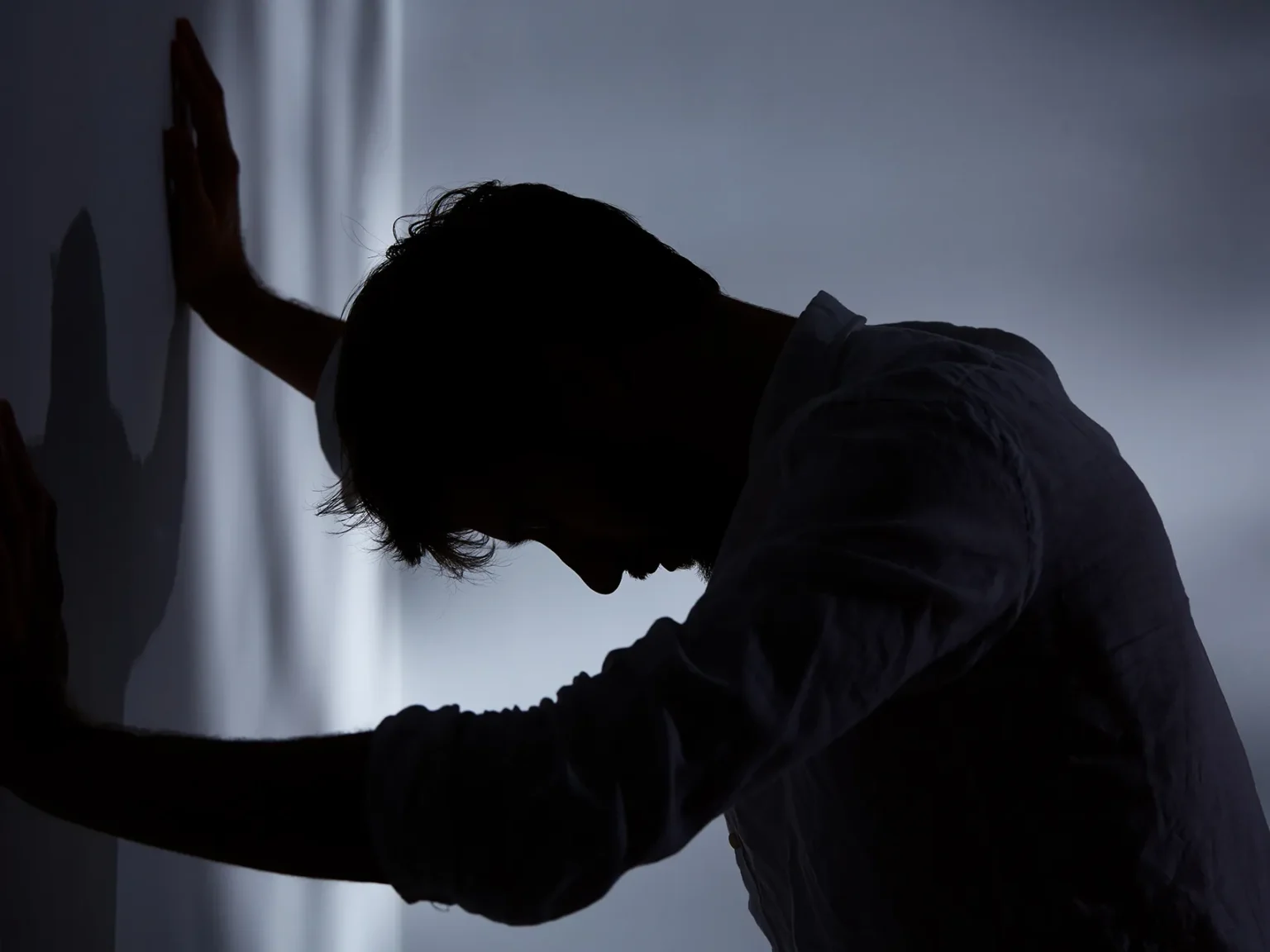In a world brimming with progress in mental health awareness, one stark reality remains: men are still suffering in silence. Beneath the surface of stoic faces and strong hands, too many men are carrying the heavy burden of their own emotional struggles. From depression to anxiety, stress to loneliness, men’s mental health is often overlooked, buried beneath societal expectations that tell them to be tough, unyielding, and emotionally detached. Yet, this silence comes at a cost—one that extends far beyond the individual, reaching deep into families, workplaces, and communities. If we are to truly build a healthy society, we must break the silence around men’s mental health and give voice to the invisible suffering many men endure.
The Weight of Untold Stories:
Think of John, a father of two, who wakes up every morning feeling like a shadow of himself. Despite outward appearances—his steady job, his charming smile, and his seemingly perfect family—John is struggling with depression. Every day is a battle, but he doesn’t talk about it. The weight of expectations feels unbearable: be the provider, be the protector, be strong. He believes that admitting he’s struggling would make him less of a man. His wife notices the distance between them growing, his once lively presence now replaced by a quiet, unspoken sadness. But John remains silent because the world around him, and the voices in his head, tell him that real men don’t cry.

This silence, this refusal to acknowledge his pain, leaves him isolated, but it also impacts his family. His children, who once looked up to him for guidance, are growing up without the emotional connection they need. His wife feels like she’s losing the man she married, not understanding why he’s so distant, why their marriage is becoming a quiet void. The emotional toll is heavy on everyone, yet John keeps fighting alone—until one day, he can’t.
The Shocking Reality of Male Suicide
For many men, silence becomes a deadly choice. Men are statistically more likely to die by suicide than women, and the reasons behind this are complex, rooted in a mixture of societal pressures, stigma, and the overwhelming weight of unspoken emotions. Take David, a 32-year-old teacher, who struggled with feelings of inadequacy and constant stress. On the outside, David seemed like the picture of success—well-liked at work, admired by friends. But inside, he felt like he was failing. The anxiety kept him up at night, the thoughts of not being good enough clouded his mind. Yet, he never talked about it. After all, how could he? Men are supposed to handle their problems on their own.

When David’s world finally became too much to bear, he made a heartbreaking decision. The day he ended his life, no one saw it coming—not his colleagues, not his family, not his friends. They were all left asking, “Why didn’t he reach out?” The truth is, David felt that reaching out would make him seem weak, and he feared that he would lose the respect of those around him. David’s story is not unique; it’s a tragic reality that far too many men face.
The Ripple Effect: How Men’s Mental Health Affects Families and Communities
The emotional pain of men doesn’t stay contained—it spreads. Imagine Sarah, a wife who loves her husband deeply but has been unable to understand why he’s so emotionally distant. For years, her husband, Mark, has struggled with severe anxiety but never sought help. He avoids talking about his fears, pretending everything is fine, but Sarah can see through the mask. She feels helpless, watching the man she married fade away into someone she no longer recognizes. She tries to reach out, but the walls Mark has built around himself are too high.
Mark’s mental health challenges leave Sarah emotionally exhausted. She can’t fully connect with him, and they argue more often. Their children, once close to their father, start to pull away because they feel the tension in the house. Mark’s emotional withdrawal creates a vacuum, and though he is physically there, emotionally, he is absent.

It’s not just Mark and Sarah who are affected. Their community, too, suffers. When men like Mark do not seek help for their mental health, they become disconnected from the people who care about them, from the places they belong. Friendships fray, work relationships become strained, and a sense of isolation takes root. The entire fabric of the community weakens, one untold story at a time.
Changing the Narrative: A Call to Action
The stories of men like John, David, and Mark are painful, but they serve as a powerful reminder: men’s mental health cannot be ignored any longer. We must challenge the societal norms that teach men to bottle up their feelings, that equate vulnerability with weakness. We need to create an environment where men feel safe to speak up, where they no longer have to hide their struggles behind a facade of strength.
Communities must stand together to support men’s mental health. Employers can create work environments that value well-being, offering resources like counseling and mental health days. Friends can become the sounding board that men need, checking in with one another without judgment. Families can encourage open conversations about emotions, fostering a culture of emotional literacy.

Most importantly, we need to change the narrative. Men need to understand that asking for help is a sign of courage, not weakness. Reaching out for support is not a reflection of failure, but a step toward healing and a better future. Society must embrace the idea that men are not solitary islands—they are part of a network, and that network must support their mental well-being.
Conclusion: The Healing Power of Connection
Addressing men’s mental health is not just about saving individual lives; it’s about saving families, strengthening communities, and healing a broken system. Every man who speaks up about his mental health—every John, every David, every Mark—paves the way for others to do the same. The healing begins when we break the silence, when we allow men to be fully human, to feel deeply and express those feelings without fear of judgment.
It is time to rewrite the story of masculinity, one that includes emotional depth, vulnerability, and mental health awareness. When we make men’s mental health a priority, we are not only helping men; we are creating a stronger, more compassionate world for everyone. The change starts with us—by acknowledging the pain, breaking the silence, and making sure that no man has to suffer alone.




